当生命与大道合一,有你的世界就有阳光
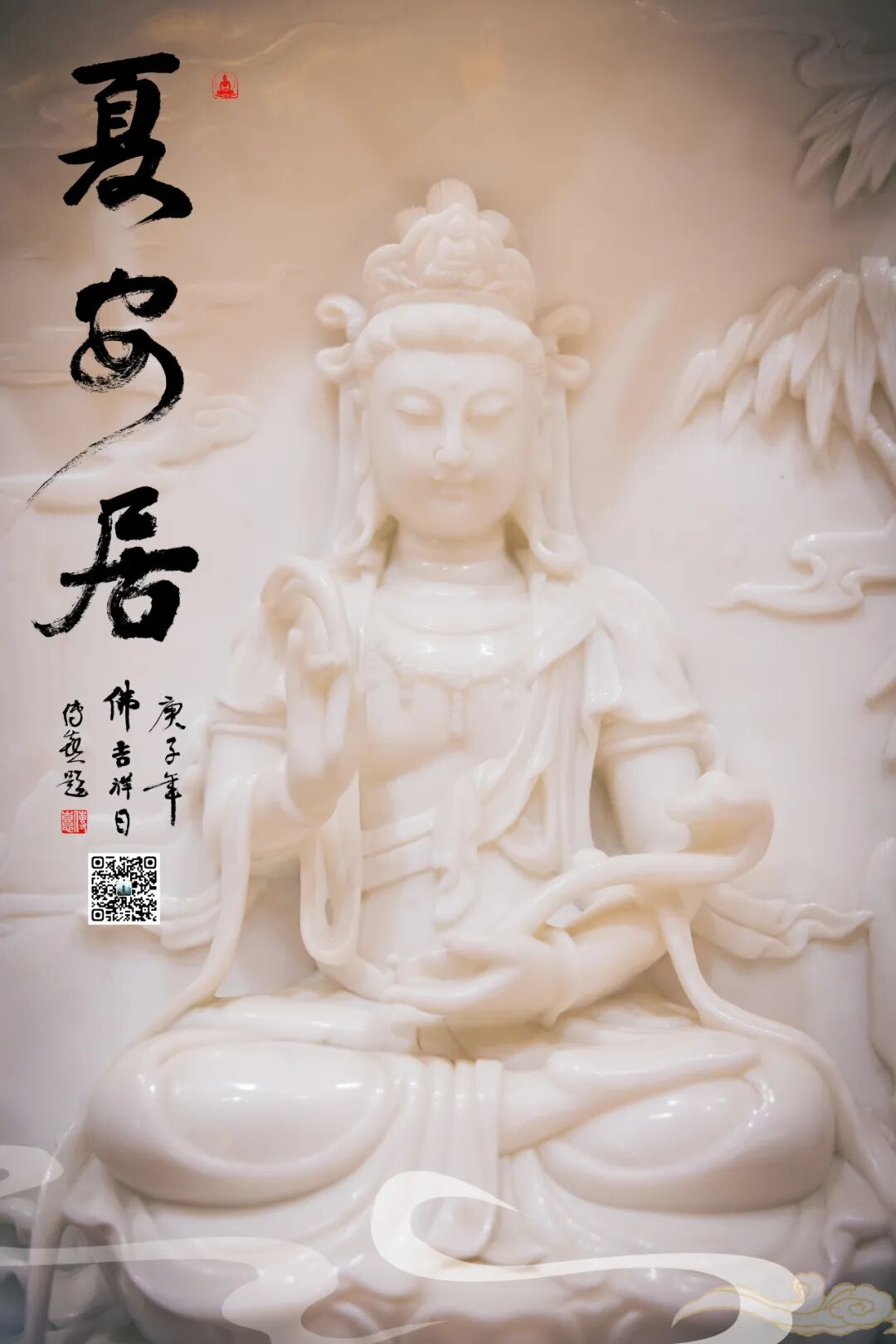
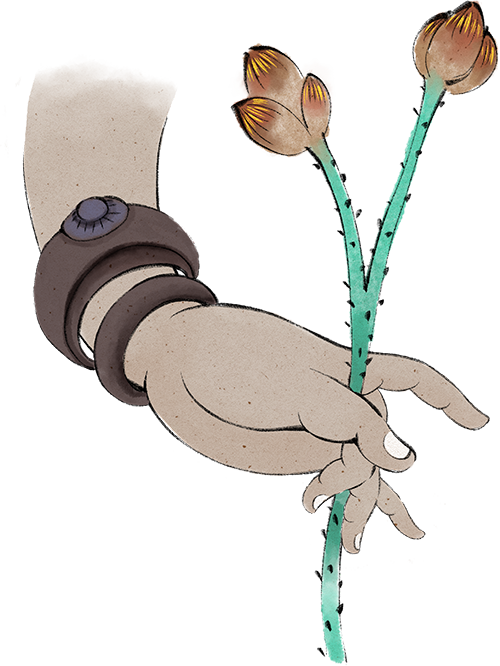
“一以贯之”的大道文明
端午,也叫端阳。中国的古文里面,这个“午”,它就是阴和阳平衡的意思。前面讲了很多关于端午的历史人物,比较具有人文性的一种纪念,同时端午还有其本然的大道性的纪念。端午节被列为中华民族的四大节日(清明、端午、春节、中秋)之一。中国越是上古时代,对“五月初五”就越重视。
中华民族的远古文明都是跟大道有关系的,从文字的发明而言,文以载道。
近代来很重视考古,很多重大的考古发现,也都指向到大道。为了人类文明我们集结成一个国家,它最核心的构成部分就是祀与戎。祀就是“人天相应,人天合一”的这种程序,人是可以从形而下到形而上的,可以从生老病死进化到不生不灭的,寿同天地,德合日月的。这个戎,就是指保护这种秩序,有效地运转。
前面讲的三位历史人物,在他们的生命里,有一种比肉体生命更加宝贵的东西——父母子女间,子女的至孝之心;君臣之间,为君为臣的操守;个人与天下间,“先天下之忧而忧”的情怀。这些都是超越肉体生命的。



儒家讲“三不朽”:立言、立德、立行。生命的死亡除了肉体属性,还有家族属性,一个家族如果没有香火了,这就叫“绝后”了,这是中国人很在意的;还有社会属性,就是一个人对社会的贡献,他在这个世间所有的创造,是否还在这个世界存在。儒家最后的理想是“人天合一”,即通过生命与道的合一,与天地同寿,德合日月。
Confucianism speaks of the "Three Immortalities": establishing words, establishing virtue, and establishing deeds. The death of a life encompasses not only the physical attributes but also the familial attributes—when a family lineage is extinguished without descendants, it is considered "severing the lineage", a matter of great concern in Chinese culture. There are also social attributes, which pertains to an individual’s contributions to society and whether the creations they leave behind endure in this world. The ultimate ideal of Confucianism is "the unity of humanity and heaven," achieved through the harmonization of life with the Dao, attaining longevity akin to heaven and earth, with virtue aligned with the sun and moon.
道家通过道的方式去探索。庄子则说天地万物都从浑沌中生,要合于道,就要回到浑沌的状态。通过浑沌,让我们那种分别、肤浅的自我存在感隐没。它隐没了,道的层面的“我”就彰显出来了。
Daoism explores it through the way of the Dao. Zhuangzi taught that all things in heaven and earth arise from primordial chaos. To align with the Dao, one must return to this state of chaos. By entering this state, the discriminating, superficial sense of self-existence fades away. As it fades, the "self" at the level of the Dao manifests.
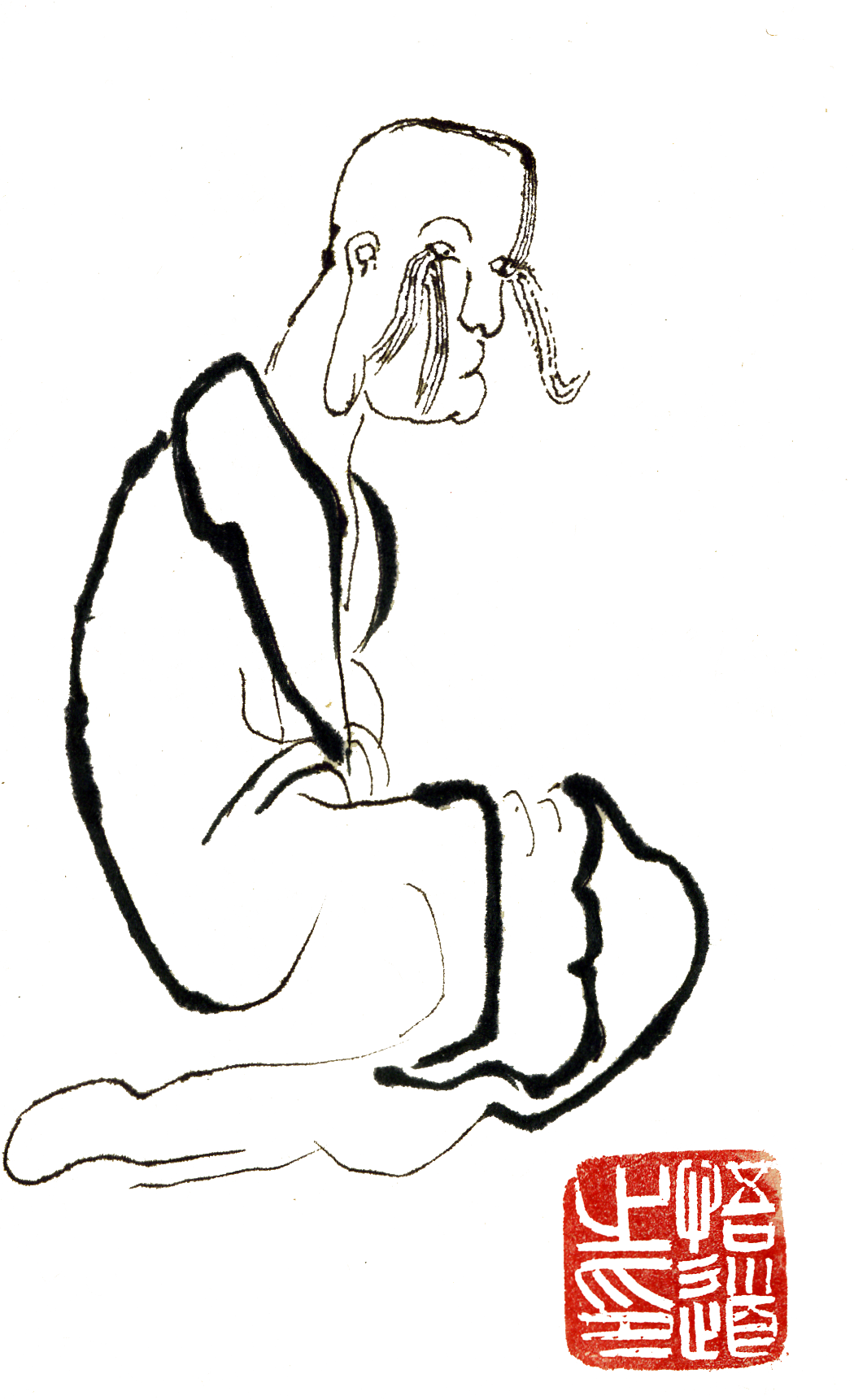
佛教认为,在众生的根性里,还有一个“德合如来”、“皆具如来智慧德相”的身体,我们业报身的分别心的“我”越显化,我们就越无法觉察到它。我们念“阿弥陀佛”,就是念无量光无量寿的那个“我”,那个“我”在圆满的状态就是阿弥陀佛,就是十方诸佛。
Buddhism holds that within the inherent nature of all sentient beings lies a body that "harmonizes in virtue with the Tathagata" and " possesses the wisdom and virtuous characteristics of the Tathagata". The more our karmic, discriminative "self" dominates, the less we can perceive this true nature. When we chant "Amitabha", we are invoking the "self" of infinite light and infinite life. In its perfected state, this "self" is Amitabha, is the Buddha of the ten directions.
这个话题,不仅是儒家的、道家的、佛教的,佛教的八宗、八万四千法门,乃至我们整个人类的古老文明,都贯穿其中,叫“一以贯之”,以大道就可以把地球上各民族、各远古的人类文明都贯穿起来。
an

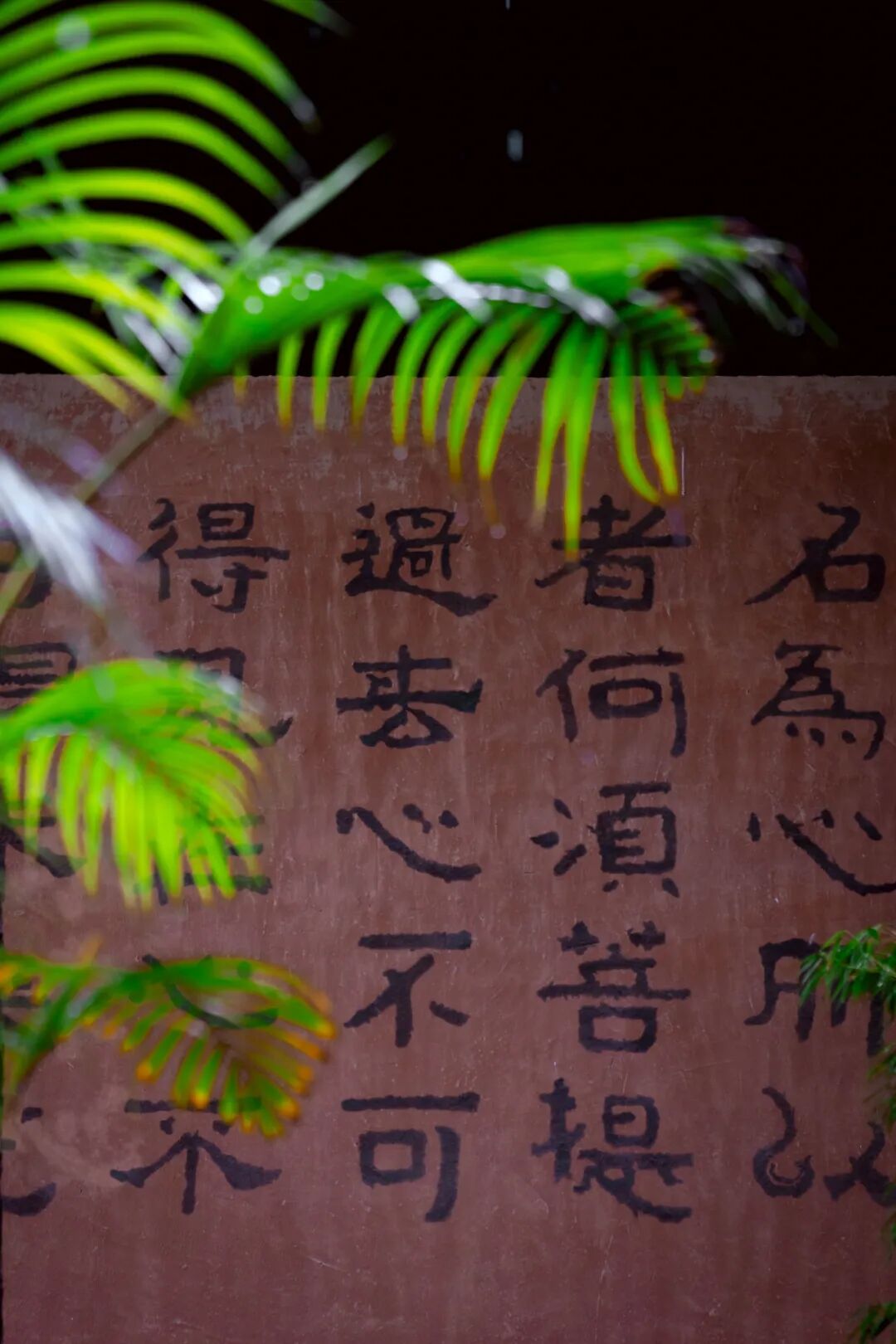

开启生命的端阳
文化自信的建立是一个很不容易的,一旦你理性建立了,决定往这个方向走的时候,这就是你的生命之端,千里之行,你迈出的第一步。
这个纯阳之道,从佛教来说,就是我愿意发阿耨多罗三藐三菩提、无上正等正觉之心,我们要追随佛陀,成为佛的弟子,去践行祂的法,把一切贤圣僧作为修行的伴侣、现前的引导者。当你决定的那一刻,这就是你的“端阳”。
这也是为什么我们每年要来纪念。当这个端阳、端午的这个内涵越来越隐化、越来越没落的时候,佛教的话叫无明,实际上就是失去了观察的能力,好像合上了眼睛一样。没有在追寻真理,活在肤浅的层面里。
一个社会,如果不像从前那样承认道了,德也就很难体现了。一个生命,如果没有道和德这两种高贵的品质,就会如同“行尸走肉”一般。
而每一次缺失道德时,人类的劫难就临头了。历史上的战争、杀戮,它背后的逻辑就是因为道德缺位。人心的贪瞋痴慢疑,这个洪水猛兽就失控,就跑出来反噬我们人类。
贪瞋痴慢疑,在佛教中被称为“五毒心”。它们代表着人们心中的五种烦恼和负面情绪,就像五条毒蛇一样,时刻侵蚀着我们的内心,阻碍我们获得真正的解脱和自在。
贪,指的是对物质、感官快乐、名誉等的强烈渴望和贪恋。表现为过度追求物质享受、对财富的贪婪、对食物的贪吃,或者对他人的关注和依恋。
瞋,是指愤怒、憎恨和敌意,小至生气、挫折感,大至仇恨、暴力。
痴,是无知、愚昧或迷惑,不了解事物的真实本质,特别是对于生死轮回的无知。我们轮回直接就是由愚痴而创造的。轮回的“十二因缘”里首位就是无明。
慢,是傲慢,自大或者自我膨胀。它是对自己能力、地位、相貌等方面过分的自信和夸大。
疑,是怀疑,疑虑,对于教法、修行、甚至对生活中的事物持有怀疑态度。疑是分对象的。如果为了了知真相而对自己起疑,促发自己去研究,这是好的。但如果带着愚痴的傲慢去怀疑圣贤,则是不对的。
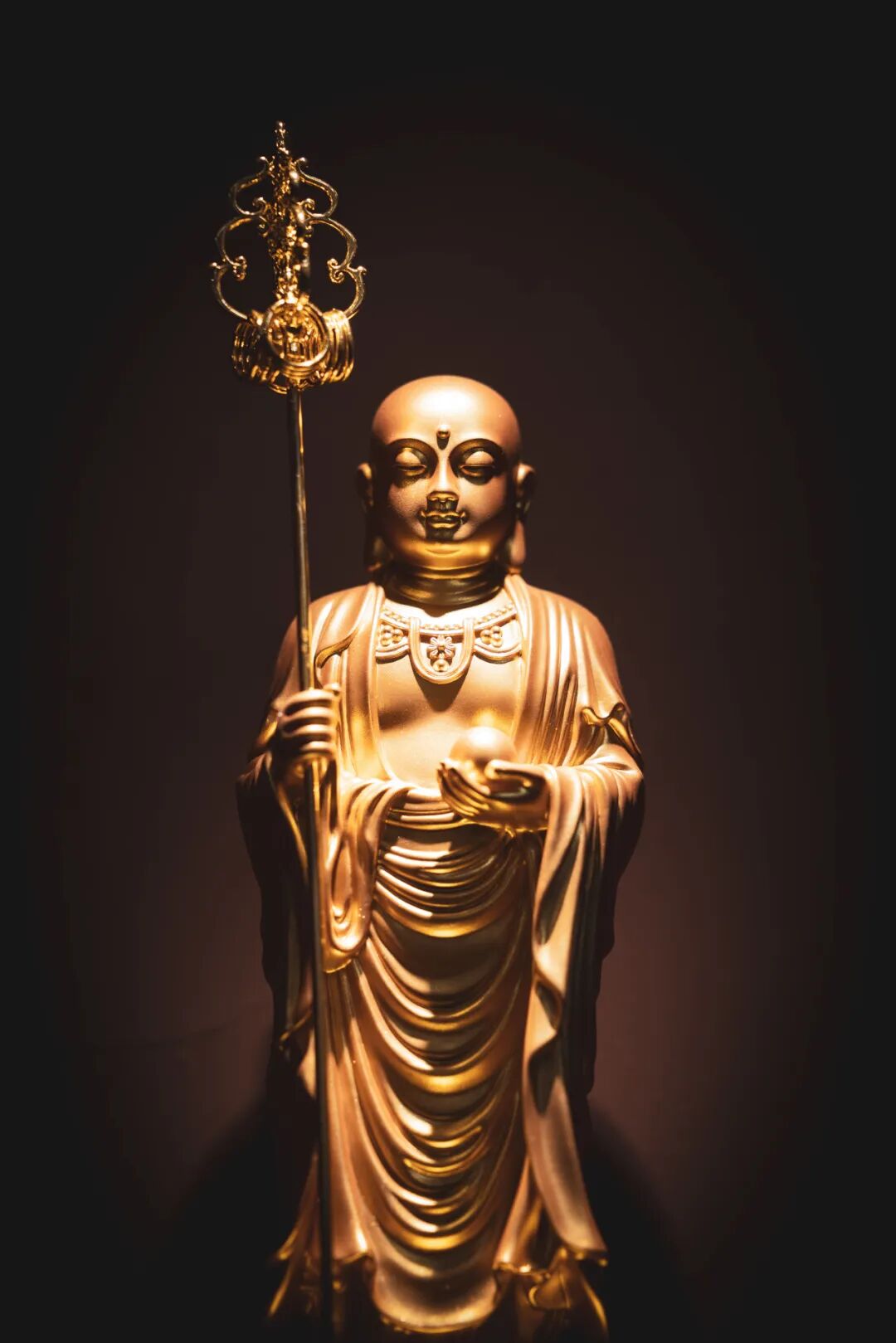
佛教认为,贪瞋痴慢疑是地狱的五条根,是我们生生世世无量劫轮回至今的最原始动力。对于这五毒心,佛教有快速有效的对治方法。布施可以对治贪;慈悲可以对治瞋,我们放生救命的时候,心灵是最柔软的,可以超度我们的瞋心;听经闻法可以对治我们的愚痴,观察事物的内在关系,“愚痴众生因缘观”,逐个推理,可以破除愚痴;出家人托钵行乞可以破除傲慢,托着钵,具足威仪,六根都摄,入聚落中,不仅是向众生乞食,最重要的是以这个因缘度化众生,把自己的功德带入到如母有情中去;深入经藏,智慧如海,启迪智慧,可以破除疑根。
Buddhism teaches that greed, hatred, ignorance, pride, and doubt are the five roots of hell, the primal forces behind our countless eons of samsaric existence throughout infinite lifetimes. For these "five poisonous minds," Buddhism offers swift and effective remedies. Generosity counteracts greed. Compassion counteracts hatred—when we engage in acts of liberation, such as releasing animals, our hearts are at their most tender, capable of transcending our wrathful mind. Listening to teachings and studying counteracts ignorance, as observing the interdependent nature of phenomena and applying the contemplation of "dependent origination for deluded beings" allows us to shatter ignorance through step-by-step reasoned analysis. The alms-round practice of monastics can break pride—holding the bowl with complete deportment, with all six sense faculties restrained, entering villages and towns not merely to beg food from sentient beings, but most importantly, using this opportunity to guide beings to liberation, bringing one's own merit into all mother-like sentient beings. Delving deeply into the scriptural treasury, with wisdom vast as the ocean, can illuminate wisdom and eliminate and uproot doubt.

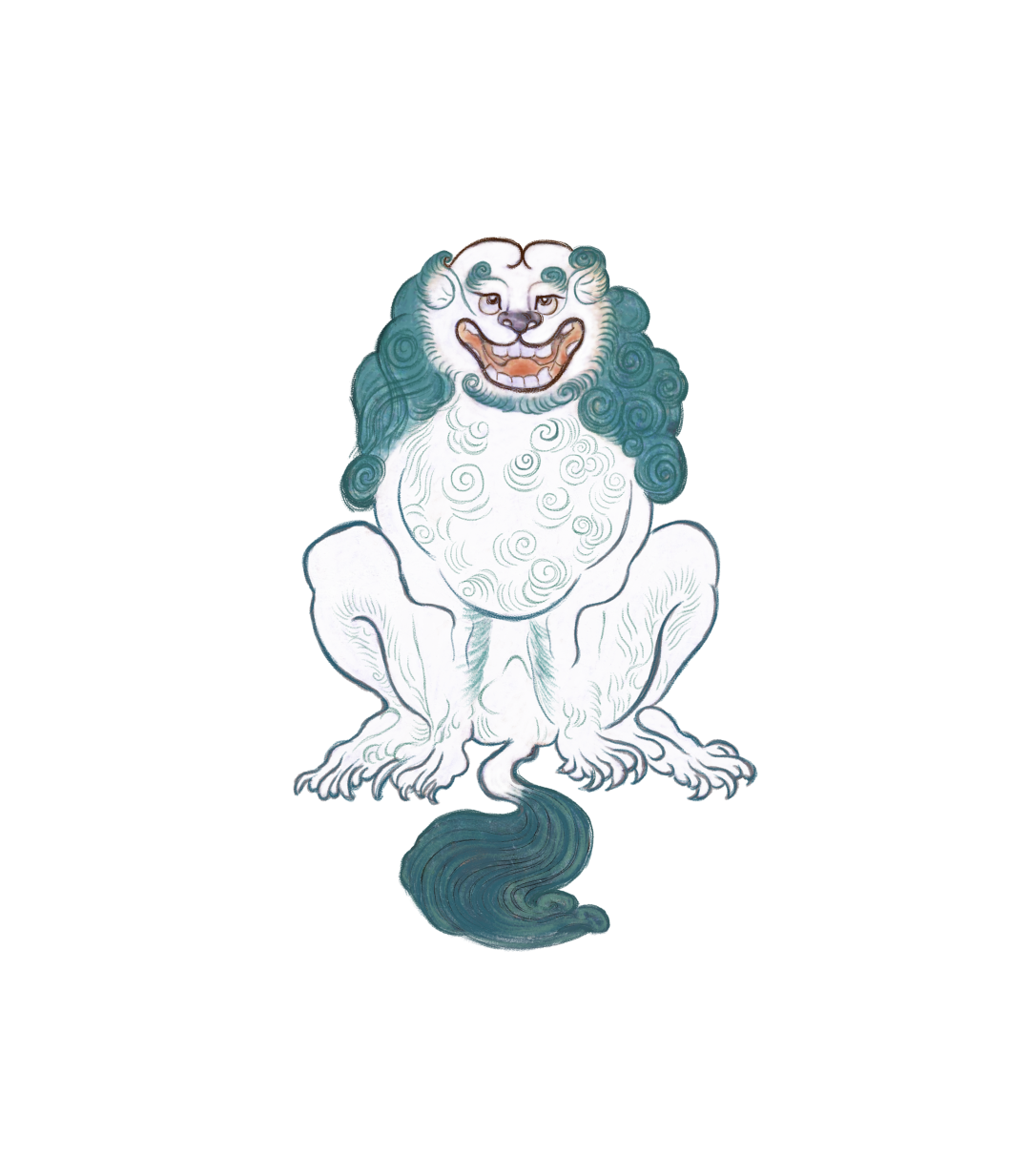

所以学习佛法,是为了完成自我拯救。那“自我”是什么?《金刚经》里说有“我”吗?为什么无我相、无人相、无众生相?如果仅仅是生理结构上的成熟,是跳不出生理层面的生死的,所以要从生理的成熟,提升到心理的成熟、心智的成熟,摆脱生命的狭隘性。
Therefore, studying the Buddha-dharma is for accomplishing self-salvation. But what is this "self"? Does the “Diamond Sutra” speak of an "I"? Why does it teach no self-characteristics, no person-characteristics, no sentient being-characteristics? If there is merely physiological maturation, one cannot transcend the birth and death of the physiological level. Thus, one must advance from physiological maturity to psychological maturity and ultimately, to intellectual maturity, breaking free from the limitations of life.
当每个人的生命的成长经历,从生理成长、心理成长、心智成长,三个层次。心智成熟就是对大道的理解。人除了生物学的DNA、人文素养的基因,最高的境界就是契入大道。契入大道的过程,就是心智成熟的过程。
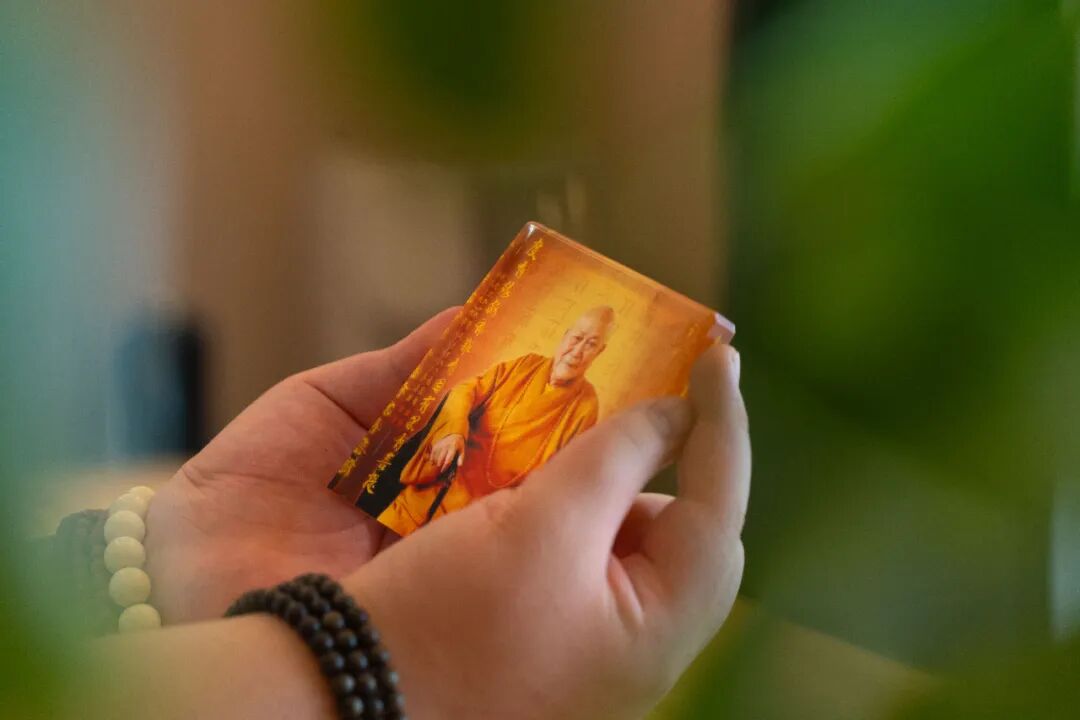
养心Slogan
频繁刷手机,我们的心灵很容易被碎片化,不要沉溺其中,学会自我节制,通过学习佛法来有效滋养并净化我们的心灵,一起回归心灵,保持身心灵的健康。
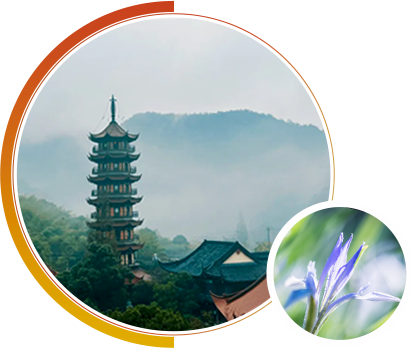
回向
愿以此功德 普及于一切
我等与众生 皆共成佛道

扫码关注 宁波慧日禅寺